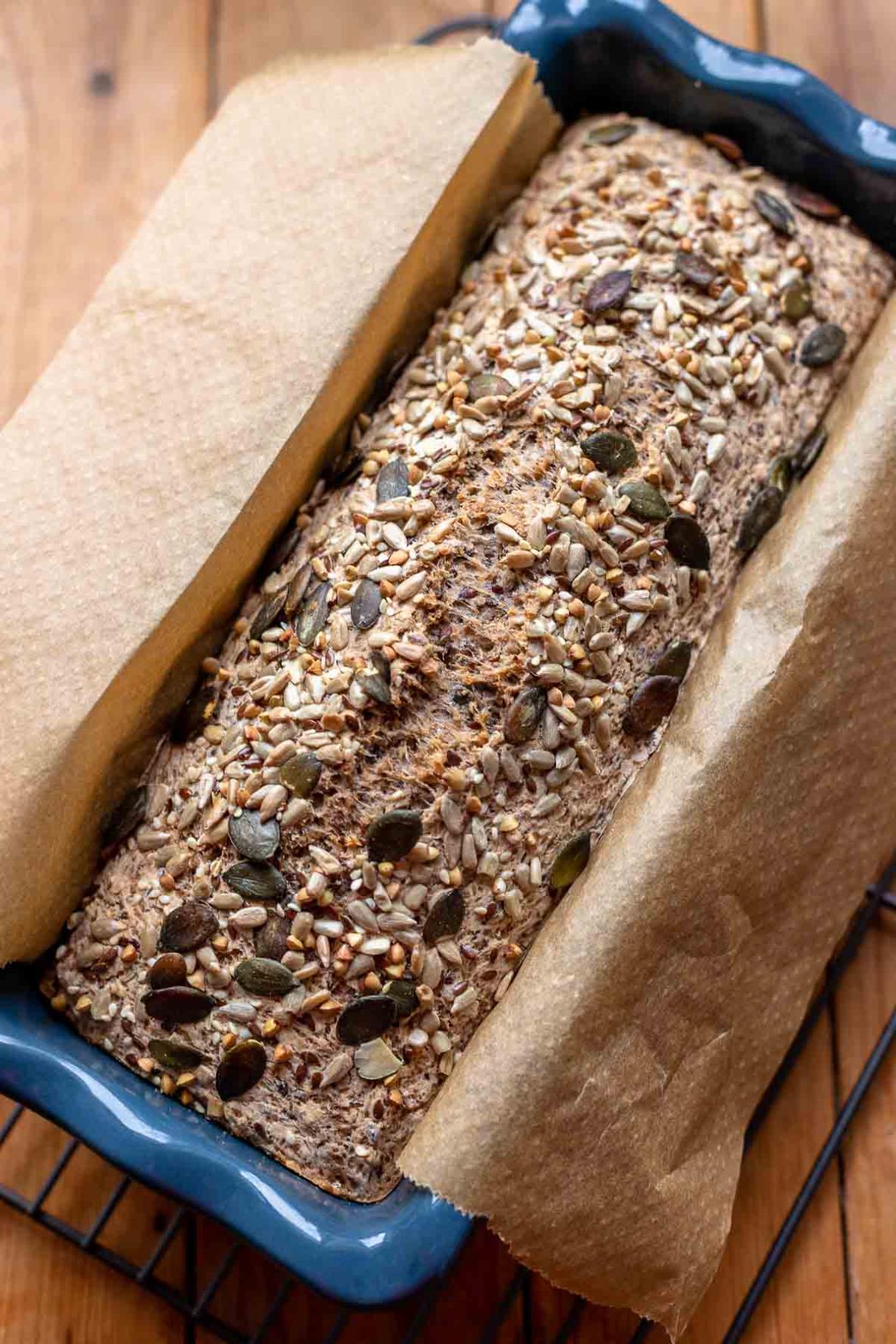Can a Gluten-Free Diet Help Me Lose Weight?
With the rising popularity of gluten-free diets, many people wonder if adopting this lifestyle can aid in weight loss. This article delves into the potential benefits of a gluten-free diet for weight loss, exploring the evidence, mechanisms, and considerations associated with this dietary choice.

Understanding Gluten And Its Effects
Definition Of Gluten
Gluten is a protein found in wheat, rye, and barley. It provides elasticity and structure to baked goods, giving them their chewy texture.
Common Sources Of Gluten
- Bread
- Pasta
- Cereal
- Cookies
- Cakes
- Crackers
- Beer
- Soy sauce
Health Implications Of Gluten Intolerance Or Sensitivity
For individuals with gluten intolerance or sensitivity, consuming gluten can trigger a range of symptoms, including digestive issues, skin problems, fatigue, and headaches.
Impact Of Gluten On The Digestive System And Overall Health
In people with celiac disease, an autoimmune disorder, gluten consumption can damage the small intestine, leading to nutrient malabsorption and various health complications.
Gluten-Free Diet And Weight Loss: The Evidence
Studies And Research Findings
- A study published in the journal "Obesity" found that individuals who followed a gluten-free diet for six months lost significantly more weight than those on a regular diet.
- Another study, published in "The American Journal of Clinical Nutrition," reported that participants who adopted a gluten-free diet experienced greater reductions in body fat and waist circumference compared to those on a control diet.
Anecdotal Evidence And Personal Experiences

Many individuals who have adopted a gluten-free diet have reported weight loss as a positive side effect. Personal anecdotes and testimonials often highlight the effectiveness of this dietary change in promoting weight management.
Potential Mechanisms By Which A Gluten-Free Diet May Promote Weight Loss:
- Reduced Inflammation: Gluten consumption can trigger inflammation in some individuals, contributing to weight gain. Eliminating gluten may reduce inflammation and promote weight loss.
- Improved Gut Health: A gluten-free diet may improve gut health by reducing intestinal inflammation and promoting the growth of beneficial bacteria, which can positively impact weight management.
- Increased Satiety: Gluten-free foods, particularly those rich in fiber, can increase satiety and fullness, leading to reduced calorie intake and potential weight loss.
- Reduced Cravings: Some individuals report reduced cravings for sugary and processed foods after adopting a gluten-free diet, which can contribute to weight loss.
Benefits Of A Gluten-Free Diet Beyond Weight Loss
- Improved Digestive Health: A gluten-free diet can alleviate digestive symptoms such as bloating, gas, and diarrhea in individuals with gluten intolerance or sensitivity.
- Reduced Risk of Certain Chronic Diseases: Following a gluten-free diet may lower the risk of developing certain chronic diseases, including heart disease, type 2 diabetes, and autoimmune disorders.
- Enhanced Energy Levels: Some individuals experience increased energy levels after eliminating gluten from their diet, potentially due to improved digestion and reduced inflammation.
- Potential Positive Impact on Skin and Hair Health: A gluten-free diet may improve skin and hair health in individuals with gluten sensitivity, reducing skin problems and promoting healthier hair growth.
Considerations Before Adopting A Gluten-Free Diet
Importance Of Consulting A Healthcare Professional
Before making significant dietary changes, it is essential to consult a healthcare professional or registered dietitian. They can assess your individual needs, identify any potential nutritional deficiencies, and provide guidance on adopting a balanced and healthy gluten-free diet.
Potential Nutritional Deficiencies Associated With A Gluten-Free Diet

A gluten-free diet may increase the risk of certain nutrient deficiencies, including fiber, iron, calcium, and vitamin B12. Careful food choices and supplementation may be necessary to ensure adequate nutrient intake.
Need For Careful Food Choices And Label Reading
Adopting a gluten-free diet requires careful food choices and diligent label reading. Many processed foods contain hidden gluten, so it is important to check ingredient lists thoroughly.
Tips For Following A Gluten-Free Diet For Weight Loss
- Focus on Whole, Unprocessed Foods: Prioritize whole, unprocessed foods, such as fruits, vegetables, lean proteins, and gluten-free grains, to ensure a balanced and nutritious diet.
- Include Plenty of Fruits, Vegetables, and Lean Proteins: Incorporate a variety of fruits, vegetables, and lean protein sources into your meals to promote satiety and overall health.
- Choose Gluten-Free Grains and Alternative Flours: Opt for gluten-free grains like quinoa, brown rice, and buckwheat, and use alternative flours like almond flour or coconut flour in baking and cooking.
- Limit Processed Foods, Sugary Drinks, and Unhealthy Fats: Minimize the consumption of processed foods, sugary drinks, and unhealthy fats, which can hinder weight loss efforts.
While a gluten-free diet may offer potential benefits for weight loss, it is important to approach this dietary change with caution and under the guidance of a healthcare professional. Individual consultations are essential to assess specific needs and ensure a balanced and nutritious diet. Adopting a gluten-free lifestyle should be part of a comprehensive weight management plan that includes healthy eating habits, regular physical activity, and lifestyle modifications.
YesNo

Leave a Reply